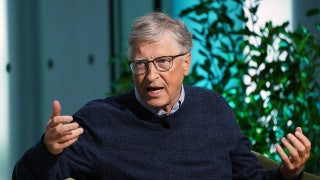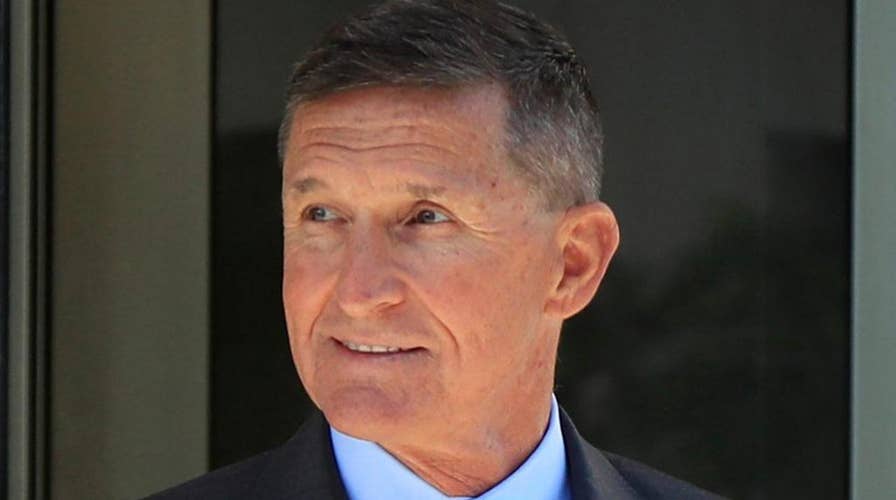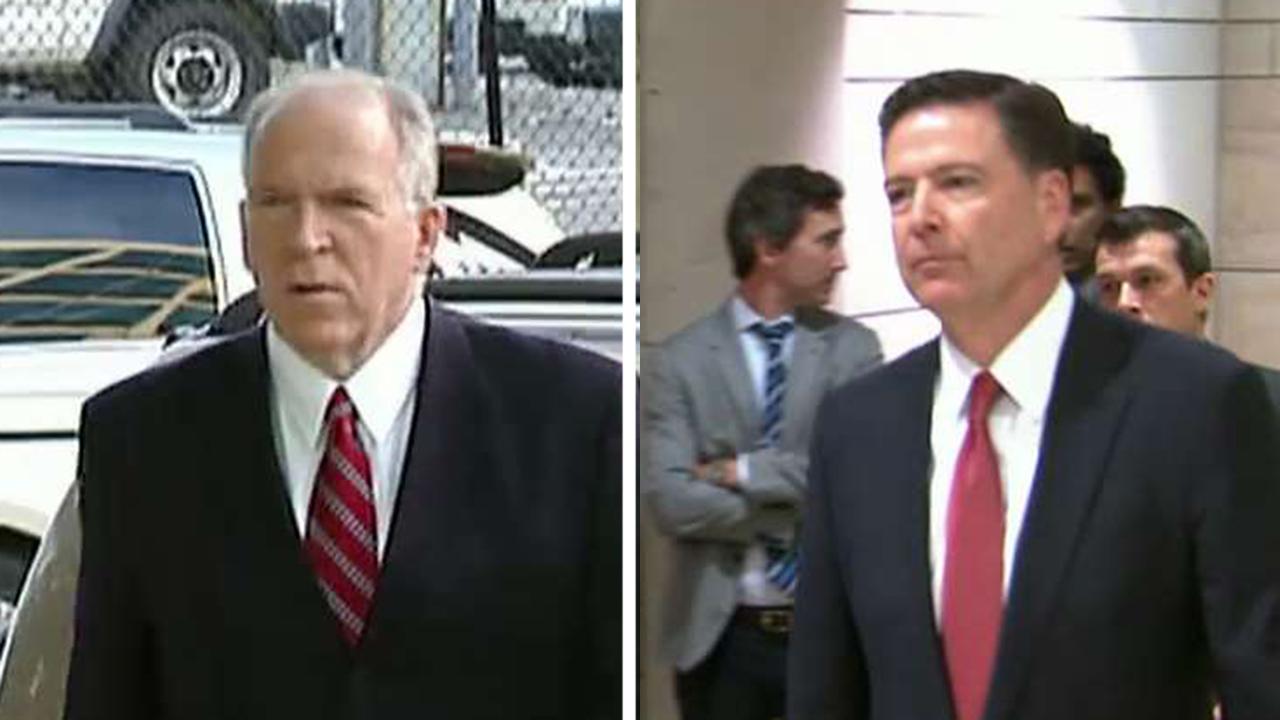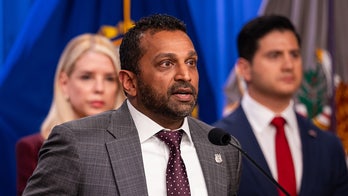Court documents reveal extent of Mike Flynn's cooperation with Robert Mueller
Former White House national security adviser Mike Flynn told special counsel Robert Mueller of multiple instances, before and after his guilty plea, where he or his lawyers got calls from individuals connected to the Trump administration or Congress; chief intelligence correspondent Catherine Herridge reports.
Former White House national security adviser Michael Flynn told Special Counsel Robert Mueller's office that people connected to the Trump administration and Congress reached out and contacted him as he was cooperating with the Russia investigation, and he provided a voicemail recording of one such communication, prosecutors said in a court filing made public on Thursday.
Mueller did not ultimately charge Trump or anyone in his orbit concerning those communications, even though the special counsel's office examined nearly a dozen episodes for potential obstruction, including purported efforts by the president to discourage cooperation.
For his part, the judge in the case ordered that portions of Mueller's report that relate to Flynn be unredacted and made public by the end of the month.
Thursday's order from U.S. District Judge Emmet Sullivan is the first time a judge is known to have directed the Justice Department to make public any portion of the report that the agency had kept secret. It could set up a conflict with Attorney General William Barr, whose team spent weeks blacking out grand jury information to comply with federal law, along with details of ongoing investigations and other sensitive information.
Prosecutors revealed details about Flynn's communications in a court filing aimed at showing the extent of his cooperation with Mueller's investigation into ties between the Trump campaign and Russia. Flynn, a vital witness in the probe, is awaiting sentencing after pleading guilty to lying to the FBI about his contacts during the presidential transition period in 2016 with the Russian ambassador to the United States at the time.
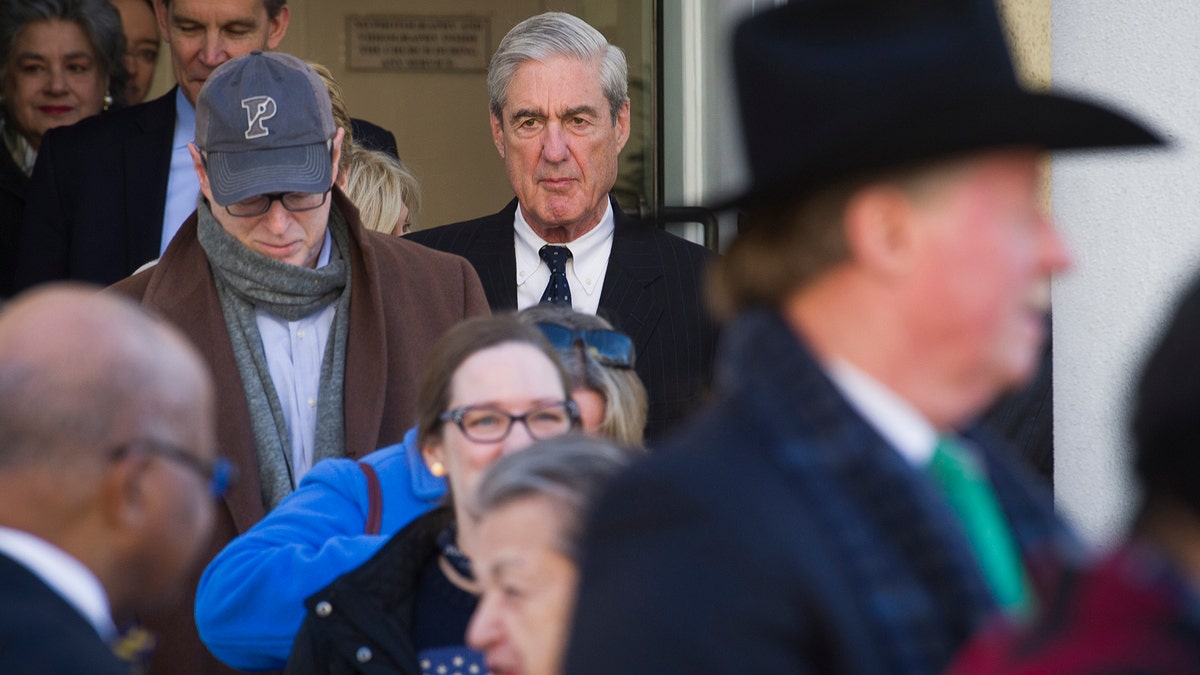
Special Counsel Robert Mueller exits St. John's Episcopal Church after attending services, across from the White House, in Washington back in March. Mueller closed his long and contentious Russia investigation with no new charges. (AP Photo/Cliff Owen)
Prosecutors did not identify the people with whom Flynn was in touch, nor did they detail the conversations.
But they said Flynn recounted multiple instances in which "he or his attorneys received communications from persons connected to the administration or Congress that could have affected both his willingness to cooperate and the completeness of that cooperation."
Prosecutors say they were unaware of some of those instances, which took place before and after his guilty plea, until Flynn told them about them.
The report reveals that after Flynn began cooperating with the government, an unidentified Trump lawyer left a message with Flynn's attorneys reminding them that the president still had warm feelings for Flynn and asking for a "heads-up" if he knew any damaging information about the president.
Sullivan ordered prosecutors Thursday to give him a copy of the audio recording they reference in the court filing, and to make public a transcript of that call.
He also directed them to file publicly the transcripts of any calls with Russian officials such as the ambassador, Sergey Kislyak.
Flynn was supposed to have been sentenced in December, with prosecutors saying he was so cooperative and helpful in their investigation that he was entitled to avoid prison. But after a judge sharply criticized Flynn during his sentencing hearing, Flynn asked for that reckoning to be postponed so that he could continue cooperating with prosecutors and reduce the likelihood of spending time behind bars.
The document also details how Flynn assisted investigators as they looked into whether the Trump campaign conspired with the Kremlin to sway the outcome of the 2016 election.
Flynn described to investigators statements from senior campaign officials in 2016 about WikiLeaks — which received and published Democratic emails that were hacked by Russian intelligence officers "to which only a select few people were privy," prosecutors said. That includes conversations with senior campaign officials "during which the prospect of reaching out to WikiLeaks was discussed."
A redacted version of Mueller's report released last month said that the evidence did not establish a criminal conspiracy between Russia and the campaign, despite multiple efforts by Russian actors to involve the Trump campaign apparatus in election hacking.
Fox News' Catherine Herridge and The Associated Press contributed to this report.







